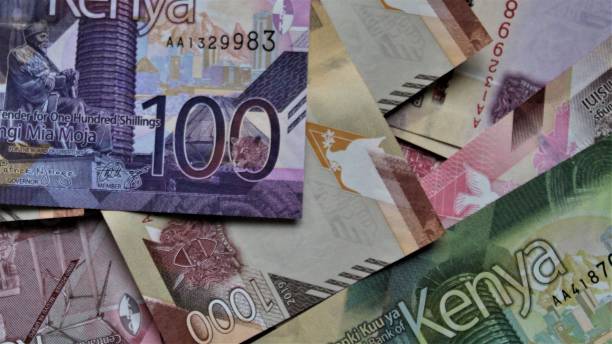The Hustler Fund has emerged as a significant financial initiative in Kenya, aimed at supporting small businesses and entrepreneurs. As a participant, understanding how to pay Hustler Fund is crucial for ensuring smooth financial management. This guide will explore various methods available for making payments, including MPESA, Fuliza, and Airtel Money.
Understanding the Hustler Fund
Before diving into the payment methods, it is essential to comprehend what the Hustler Fund is. This initiative, designed to provide affordable loans to Kenyans, has specific repayment guidelines that must be adhered to. Knowing how to repay Hustler Fund properly ensures that individuals maintain a good credit standing and can access future funding opportunities.

How to Pay Hustler Fund Via MPESA
Paying back the Hustler Fund using MPESA is one of the most popular methods. The process is straightforward and can be completed in a few simple steps:
- Open Your MPESA Menu: Begin by accessing your MPESA menu on your mobile device.
- Select “Lipa na MPESA”: This option will allow you to make payments.
- Choose “Paybill”: In this section, you will enter the necessary payment details.
- Enter the Hustler Fund Paybill Number: The Hustler Fund Paybill number is crucial. Input it carefully to avoid any errors.
- Input Your Account Number: Your Hustler Fund account number should be entered here. It is typically the phone number registered with the fund.
- Enter the Amount: Specify the amount you wish to repay.
- Confirm Your Payment: Review the details and confirm the transaction.
By following these steps, the payment will be processed, and a confirmation message will be received shortly thereafter.
How to Pay Hustler Fund With Fuliza
Fuliza is another convenient method for making payments to the Hustler Fund. This service allows users to borrow small amounts of money to complete transactions when their MPESA balance is insufficient. Here’s how to pay Hustler Fund with Fuliza:
- Access Your MPESA Account: Open your MPESA app or menu.
- Select “Lipa na MPESA”: This option is available for payments.
- Choose “Paybill”: This is where you can make payments to various services.
- Enter the Hustler Fund Paybill Number: Make sure to input the correct Paybill number associated with the Hustler Fund.
- Input Your Account Number: Enter your Hustler Fund account number.
- Enter the Amount: Specify the amount to be repaid.
- Opt for Fuliza: If your balance is low, select the option to use Fuliza to complete the transaction.
- Confirm the Transaction: Double-check your payment details and confirm.
Using Fuliza can help manage payments effectively, especially during tight financial situations.
How to Pay Hustlers Fund Using Airtel Money
Airtel Money is another viable option for those looking to pay back their Hustler Fund loans. The process is similar to that of MPESA, but here are the steps for making payments via Airtel Money:
- Open the Airtel Money App: Launch the app on your mobile device.
- Select “Paybill”: This option will allow you to make payments.
- Enter the Hustler Fund Paybill Number: Input the Hustler Fund Paybill number accurately.
- Input Your Account Number: Your Hustler Fund account number is needed here.
- Enter the Amount: Specify the amount you intend to repay.
- Confirm Payment: Review the transaction details and confirm the payment.
By using Airtel Money, users can manage their repayments efficiently and avoid any late fees.
Tips for Managing Hustler Fund Payments
To ensure timely payments and maintain a good credit record with the Hustler Fund, consider the following tips:
- Set Reminders: Setting reminders on your phone can help ensure that payments are made on time.
- Track Your Expenses: Keeping a record of your expenses will help in budgeting for repayments.
- Stay Informed: Regularly check for updates regarding payment terms and conditions.
- Contact Hustler Fund Customer Care: For any inquiries, the Hustler Fund customer care number can provide assistance.
Conclusion
In summary, understanding how to pay Hustler Fund is essential for all participants in Kenya. Whether using MPESA, Fuliza, or Airtel Money, each method offers a convenient way to manage repayments. Adhering to the payment guidelines will not only ensure compliance but also help build a solid financial future. If you are still unsure about how to repay Hustler Fund, it is advisable to reach out to the Hustler Fund contact for further assistance. By following the outlined steps, individuals can confidently navigate their repayment journey in 2024.
For more information on how to pay Hustler Fund, explore the available methods, and stay on track with your repayments. Whether through MPESA, Fuliza, or Airtel Money, ensuring timely payments will lead to greater financial stability and opportunities for growth.




